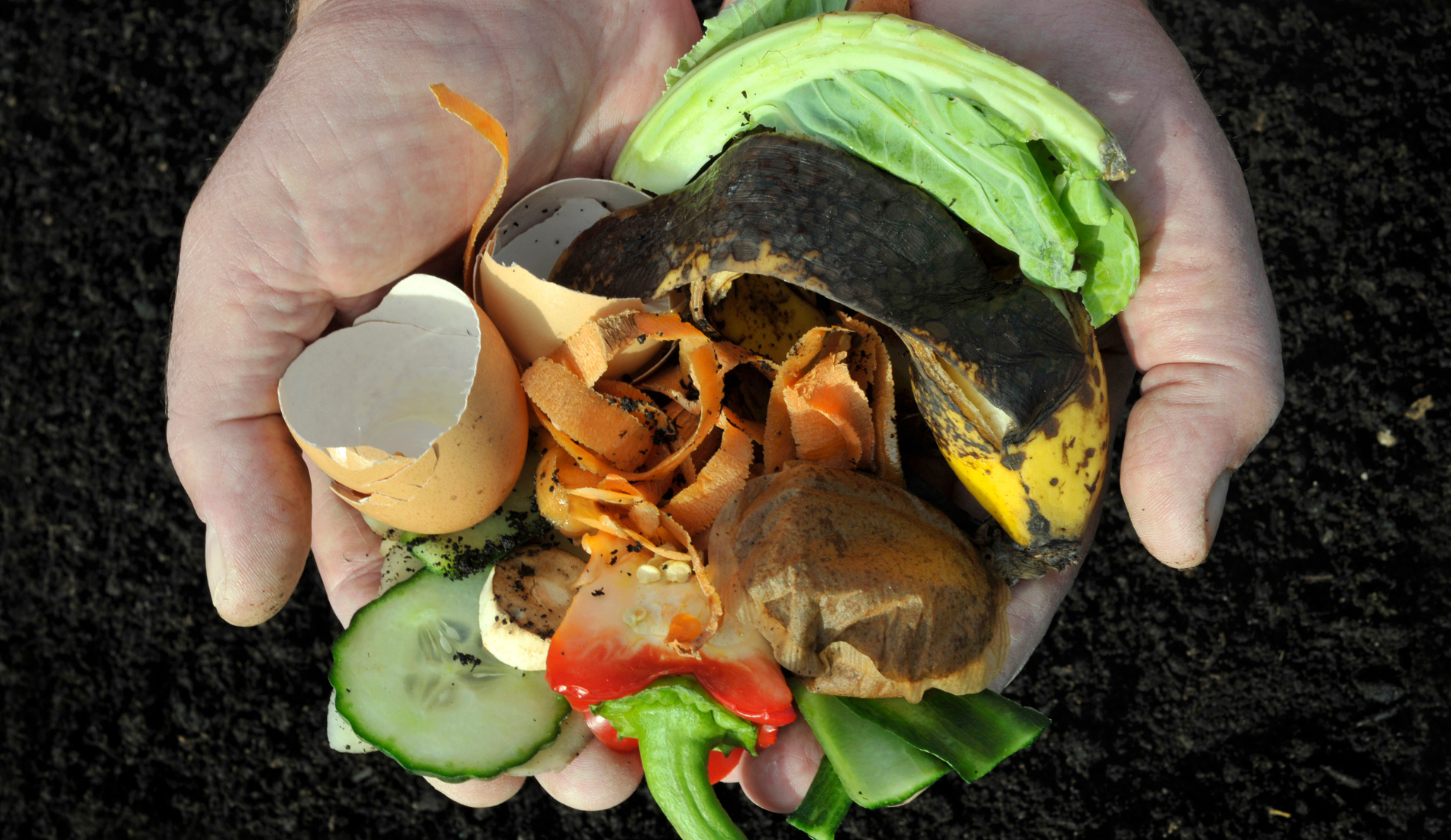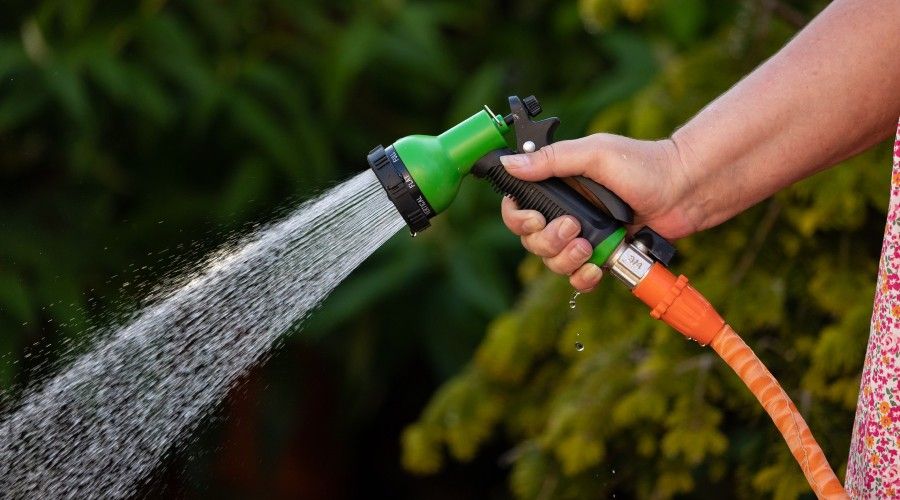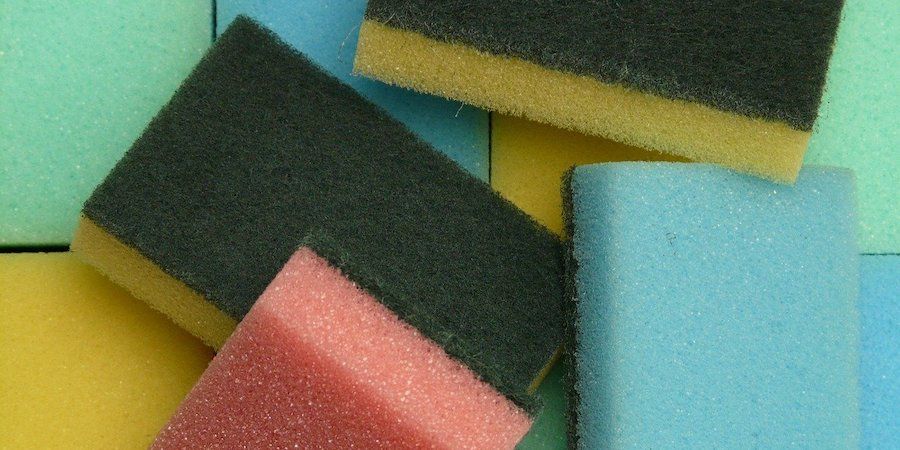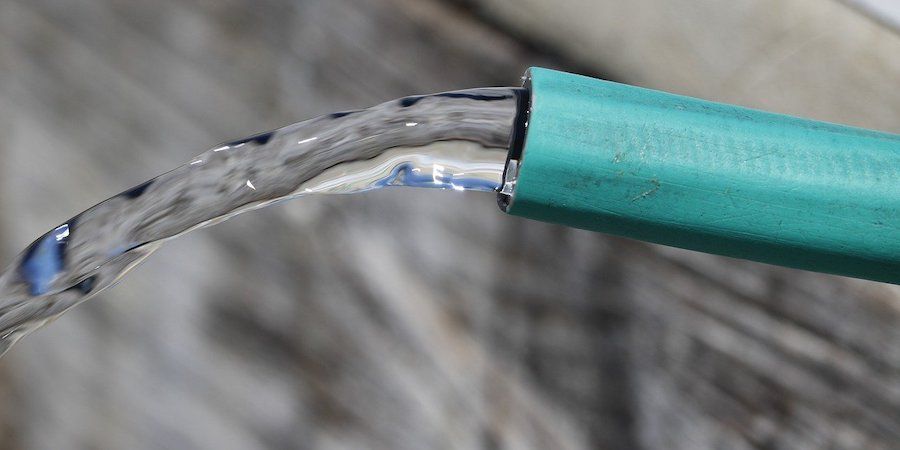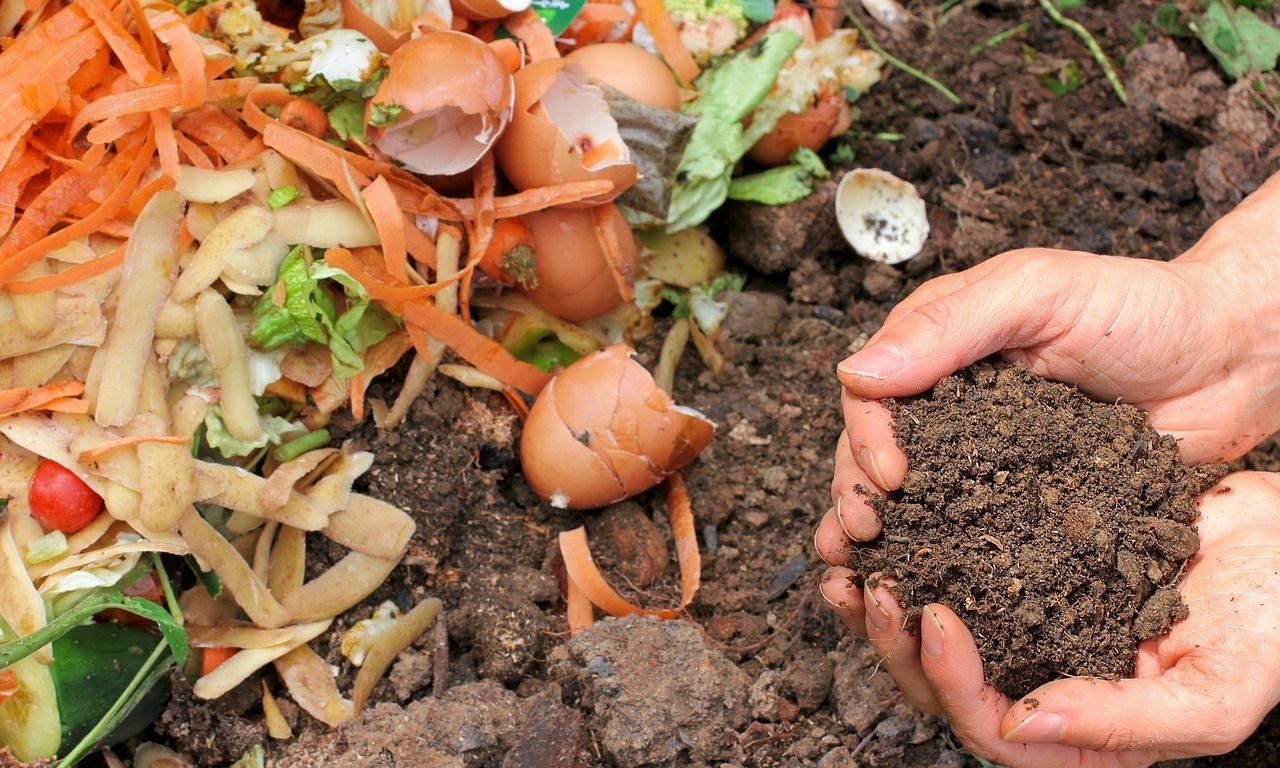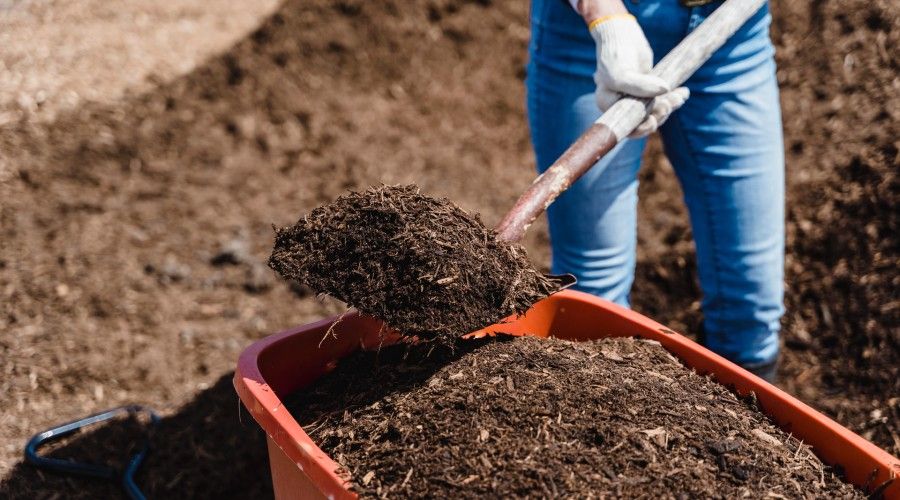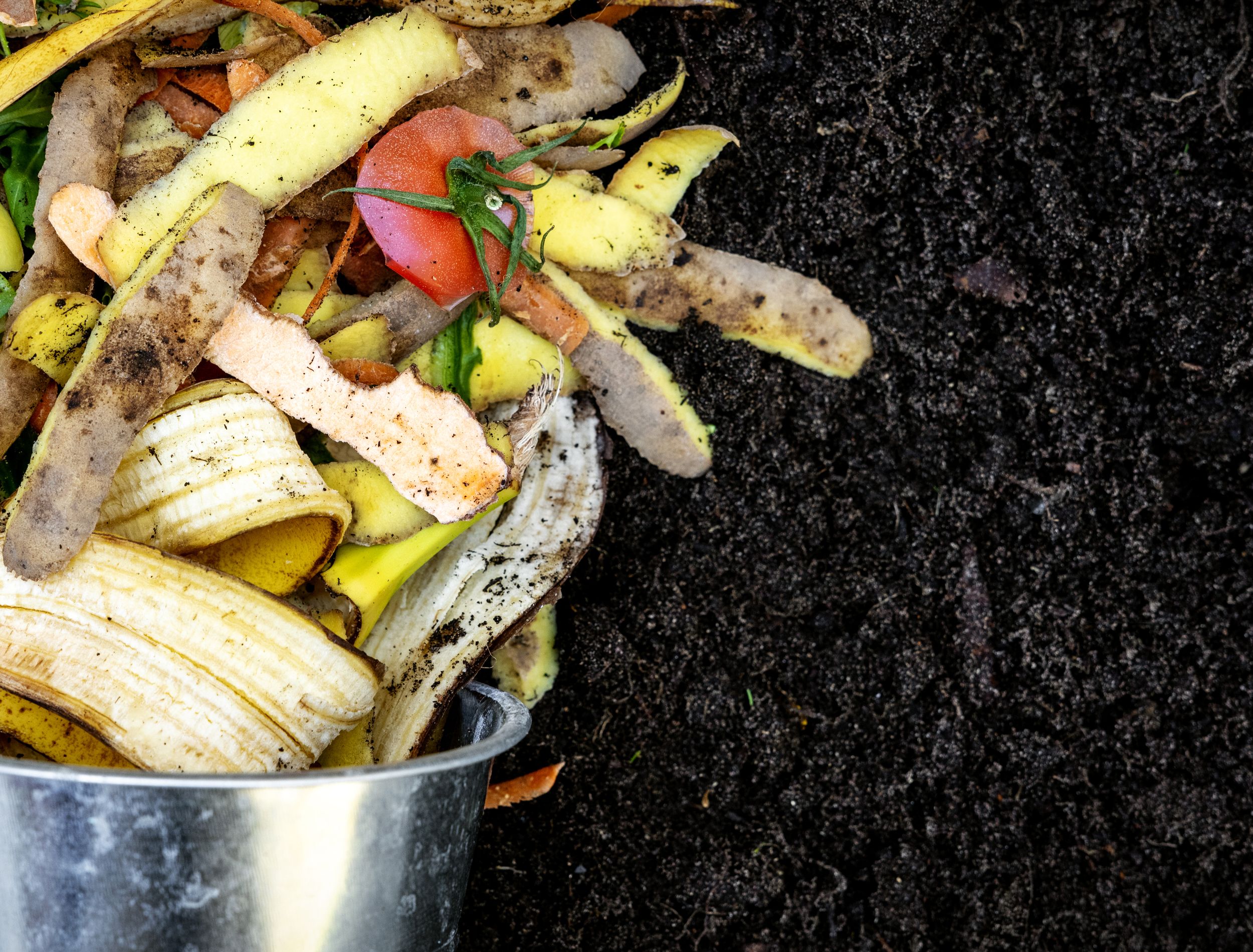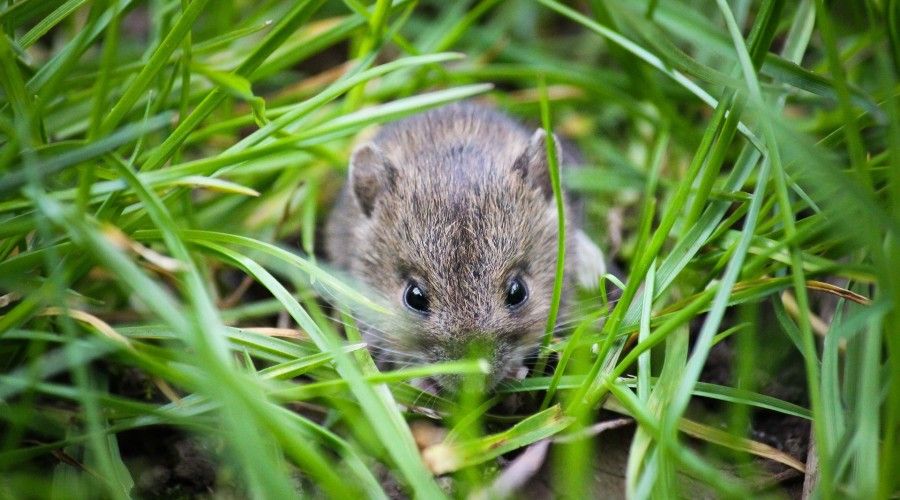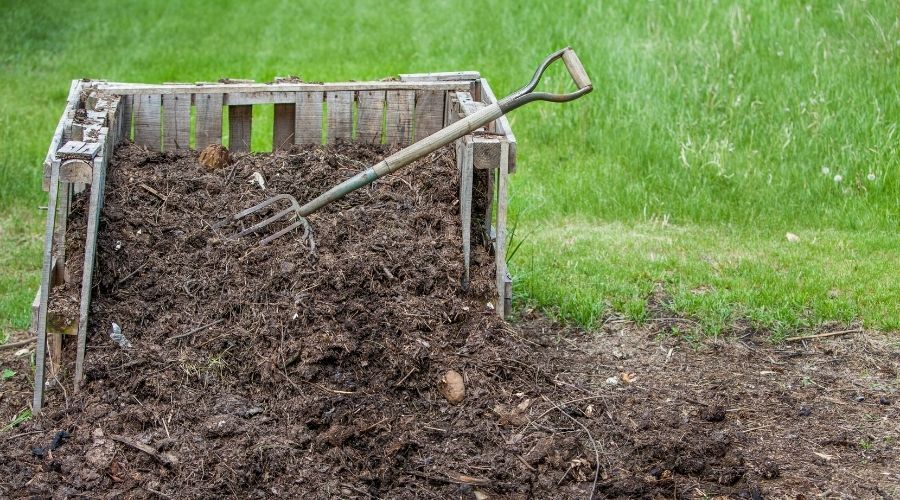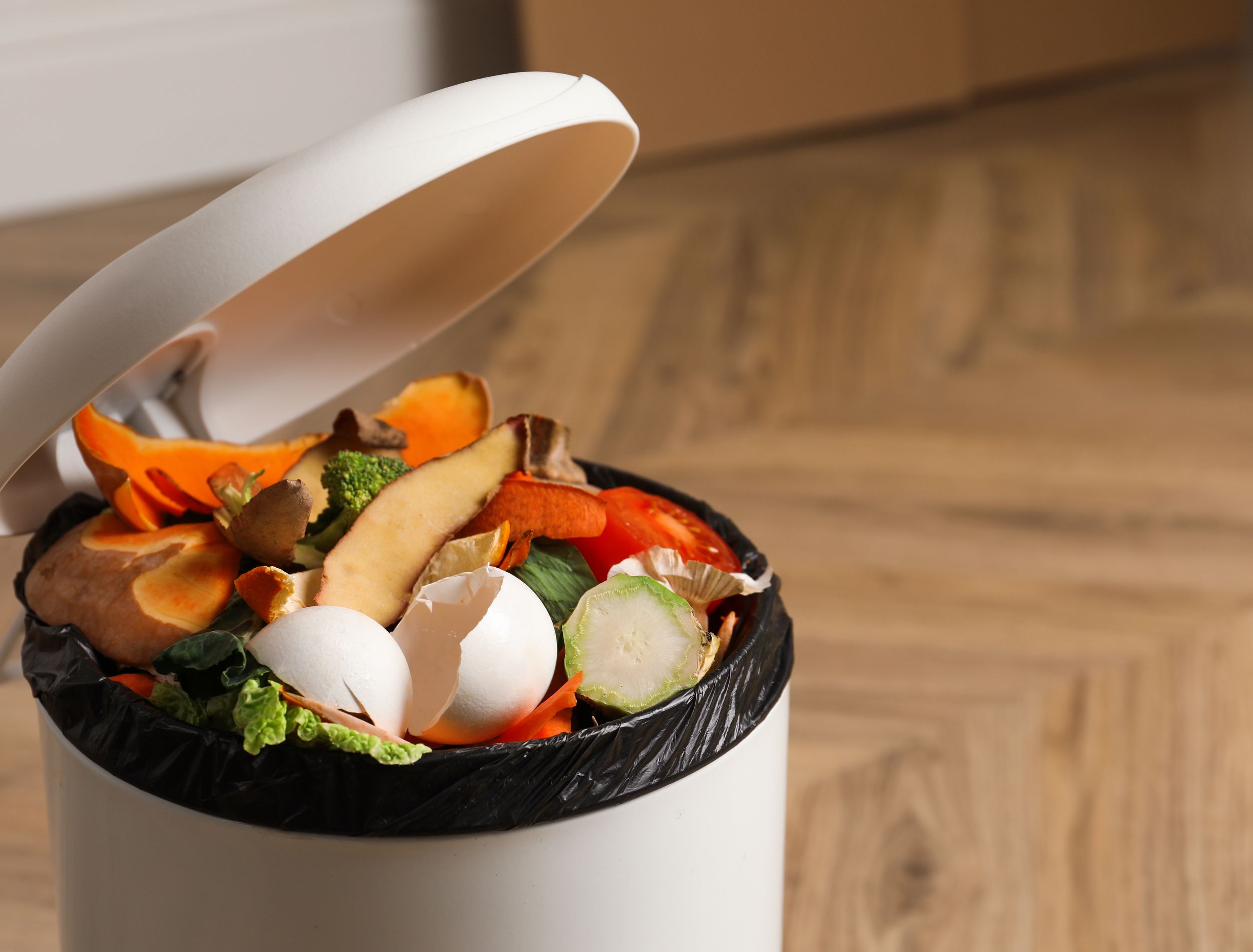If you're interested in composting, chances are you already have a compost bin. And if you have a compost bin, it might need a good cleaning!
Compost is decomposed organic matter that you can use as a natural fertilizer for plants. A clean compost bin helps keep the composting process efficient by preventing the build-up of bad bacteria and pests. It also allows you to keep your garden looking neat.
Here's a quick and easy guide on how to clean your compost bin.
What You’ll Need
- Brush or sponge
- Garden hose or pressure washer
- Fresh soil
- Mulch (optional)
A Step-By-Step Guide On How To Clean Your Compost Bin
Step One: Empty Your Bin
Image credit: Grahamphoto23 via Canva
First, empty your bin of all compostable materials such as leaves or twigs. If it has a removable bottom, take it off to make the cleaning process easier. Your compostable material can be added back into the compost pile later.
Step Two: Rinse Out Your Bin
Image Credit: TheOtherKev from Pixabay
Next, rinse out the bin with water. Use a garden hose or pressure washer to spray down the inside. This will help remove any smaller pieces of debris that may be stuck to the sides. Be sure to get all the nooks and crannies!
Step Three: Scrub!
When it comes to scrubbing your compost bin, there are a few key things to keep in mind. You'll want to make sure that you have the right tools for the job. A stiff brush or even a power washer can help get rid of tough stains and built-up grime.
You'll also need to focus on getting the inside of the bin clean. This means scrubbing away any leftover food scraps or organic matter.
Step Four: Final Rinse
Image credits: gregkorg via Pixabay
When you have finished washing your compost bin, it is important to rinse it out thoroughly. This will help remove any residual food scraps or other materials that could attract pests. Rinsing out your bin also helps to keep it clean and sanitary. Be sure to use hot water when rinsing out your bin and allow it to air dry completely before storing it or using it again.
Step Five: Add Your Compost Materials
Image credits: melGreenFR via Pixabay
After you have washed your compost bin, it is time to add a layer of fresh compost. This will help replenish the nutrients in the bin and help to keep it smelling fresh.
To add a layer of fresh compost, simply add a layer of organic matter to the top of the bin. You can use leaves, grass clippings, or even fruit and vegetable scraps. Once you have added the fresh compost, be sure to turn the bin so that the fresh compost is mixed in with the older compost. It will help to speed up the decomposition process and encourage new growth.
Step Six: Add Your Mulch
Image Credit: Greta Hoffman on Pexels
If you've decided to add mulch to your compost bin, there are a few things you should keep in mind. First, it's important to wait until after your bin is dry before adding the mulch. This will help prevent any potential contaminants from getting into your compost.
Second, make sure to choose a mulch that is relatively fine-grained and free of any large chunks. This will help it break down more quickly and evenly.
Finally, be sure to add enough mulch to cover the bottom of your bin completely; this will help absorb excess moisture and keep your compost aerated. With these tips in mind, adding mulch to your compost bin should be a breeze!
Maintaining Your Compost Bin
Image credit: ronstik via shutterstock
If you're anything like us, composting is a key part of your environmental routine. Not only does it reduce the amount of waste sent to landfills, but it also creates a nutrient-rich soil amendment for your garden. But as any good composter knows, a well-maintained bin is essential for the success of your operation. Here are some tips for keeping your compost bin clean:
Materials To Avoid
Image Credits: Farhad Ibrahimzade on Unsplash
Avoid adding meat, dairy, or oil products to your bin. While these items will eventually break down, they can attract pests and create unpleasant odors in the meantime. If you add these items by accident, be sure to mix them in well with other materials to help speed up the decomposition process.
Pest Control
Image Credit: btfrewinphotography on Pixabay
Periodically check your bin for signs of pests, such as flies or rodents. If you see any, take steps to address the issue right away.
Clean-Ups
Image Credit: Allkindza on Canva
Empty and clean your bin out every few months or as needed. This will help prevent odors and keep your compost working its best.
Save Your Compost!
Image credit: New Africa via shutterstock
When cleaning out your bin, be sure to save some of the finished compost to add back in. This will help jumpstart the decomposition process for the new material you're adding.
In Summary
And that's it! By following these simple tips, you can keep your compost bin clean and odor-free while helping reduce your environmental impact. Now you have a clean compost bin that's ready to be put back to use. Composting is a great way to reduce household waste and help your garden grow, so don't let a dirty bin stop you from doing it! So get out there and start composting!


